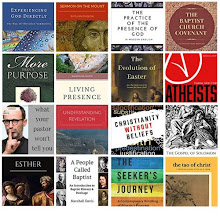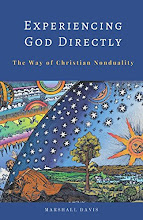There is something about the change of seasons that makes me contemplative. Perhaps it is the dewy web of moisture collecting in crescents on the windowpanes. Perhaps it is the nostalgic smell of wood smoke or the bittersweet ritual of putting away the outdoor furniture. Maybe it is seeing the early snow on the mountainsides.
When autumn moves toward winter, it makes me thoughtful. It might be all the funerals I have been conducting recently – funerals of old friends whom I will not see on Sunday mornings any longer. In any case November causes me to ponder things a bit more deeply.
There is a mystery in life that becomes more apparent at this time of year. The barrenness of nature is exposed. The trees lose their leaves, and suddenly we can see beyond the trees.
The world reveals a transparency. It feels like I can see deeper, further and more clearly. These are not the nice warm snapshots of summer or the colorful vistas of autumn. In November we see through things.
Through the barren trees we glimpse mystery. It is a mystery that is not acknowledged by the summery religion so popular these days. Too often religion tries in vain to solve mysteries with doctrine and rituals. It attempts to give answers to questions that were never intended to be answered.
Some questions are simply meant to hang in the air and give voice to the depths of life. When life begins to reveal its barrenness, people ask, “Why? Why me? Why him? Why now?” There are no answers to these questions, except perhaps “Why not?” Such questions can only be met with faith.
Faith is living with questions without answers. Faith is laughing at stories told at funerals. Faith is smiling tears when you say goodbye. Faith is smelling spring while watching the first snow cover the pumpkins. Faith is living with the mystery of life.
Faith is experiencing the reality of God that is beyond the ability of words or thoughts to convey. Faith is the language of Spirit. It is wide and deep, infinite and immortal. It answers the unanswerable questions with groans and sighs.
That is why I like November. After the leaves fall, I can see the invisible.


















